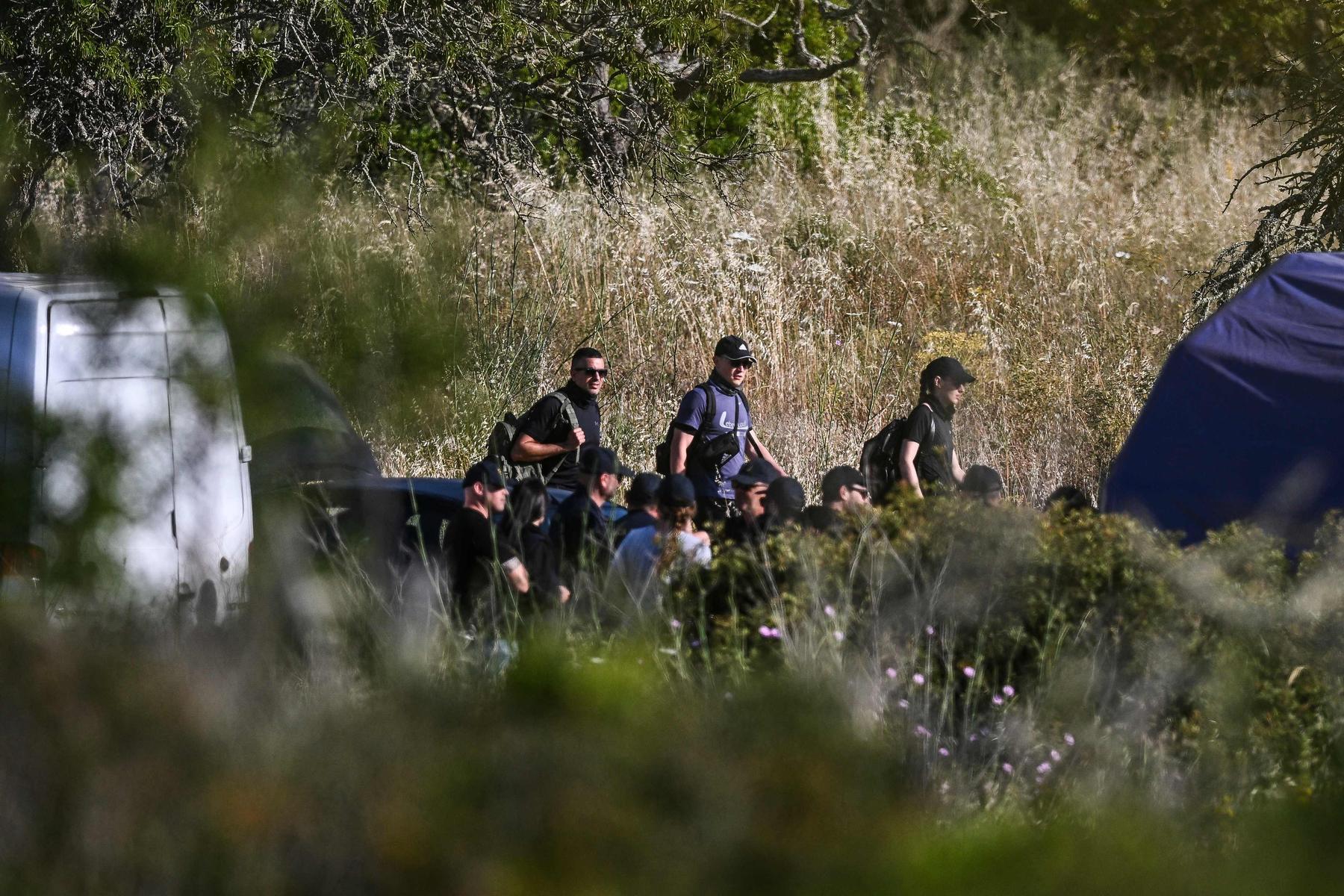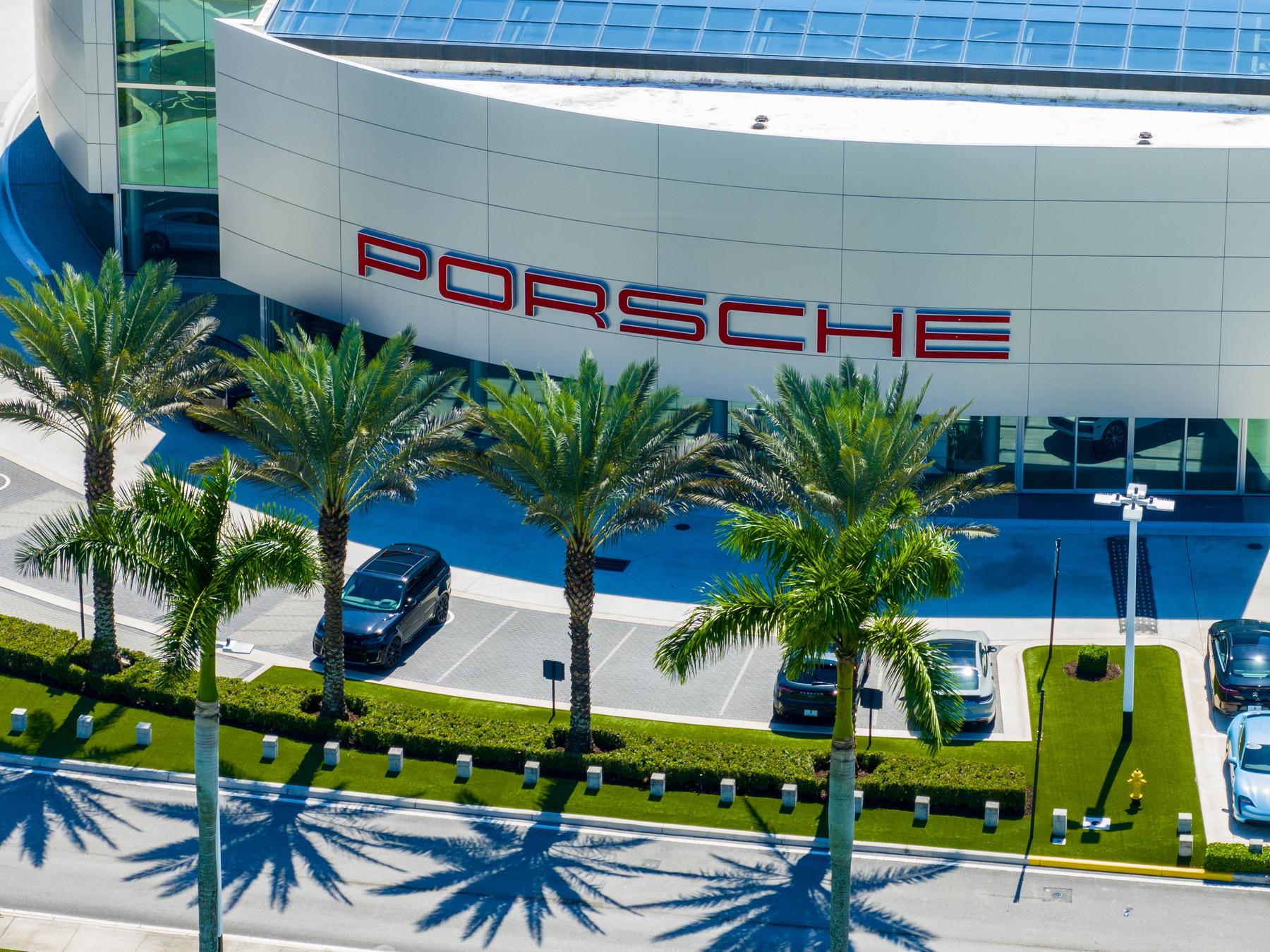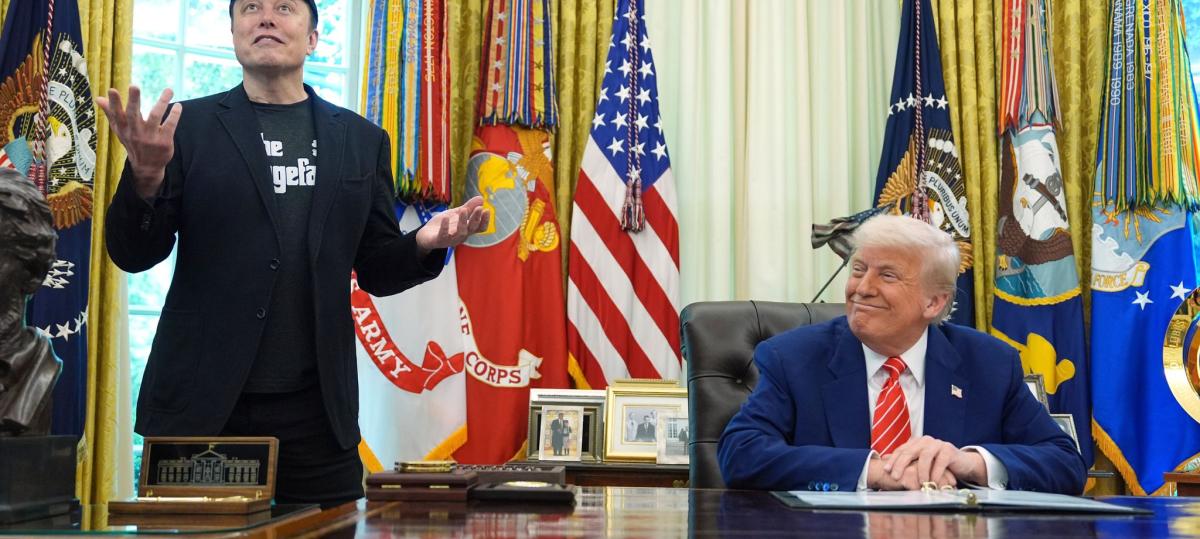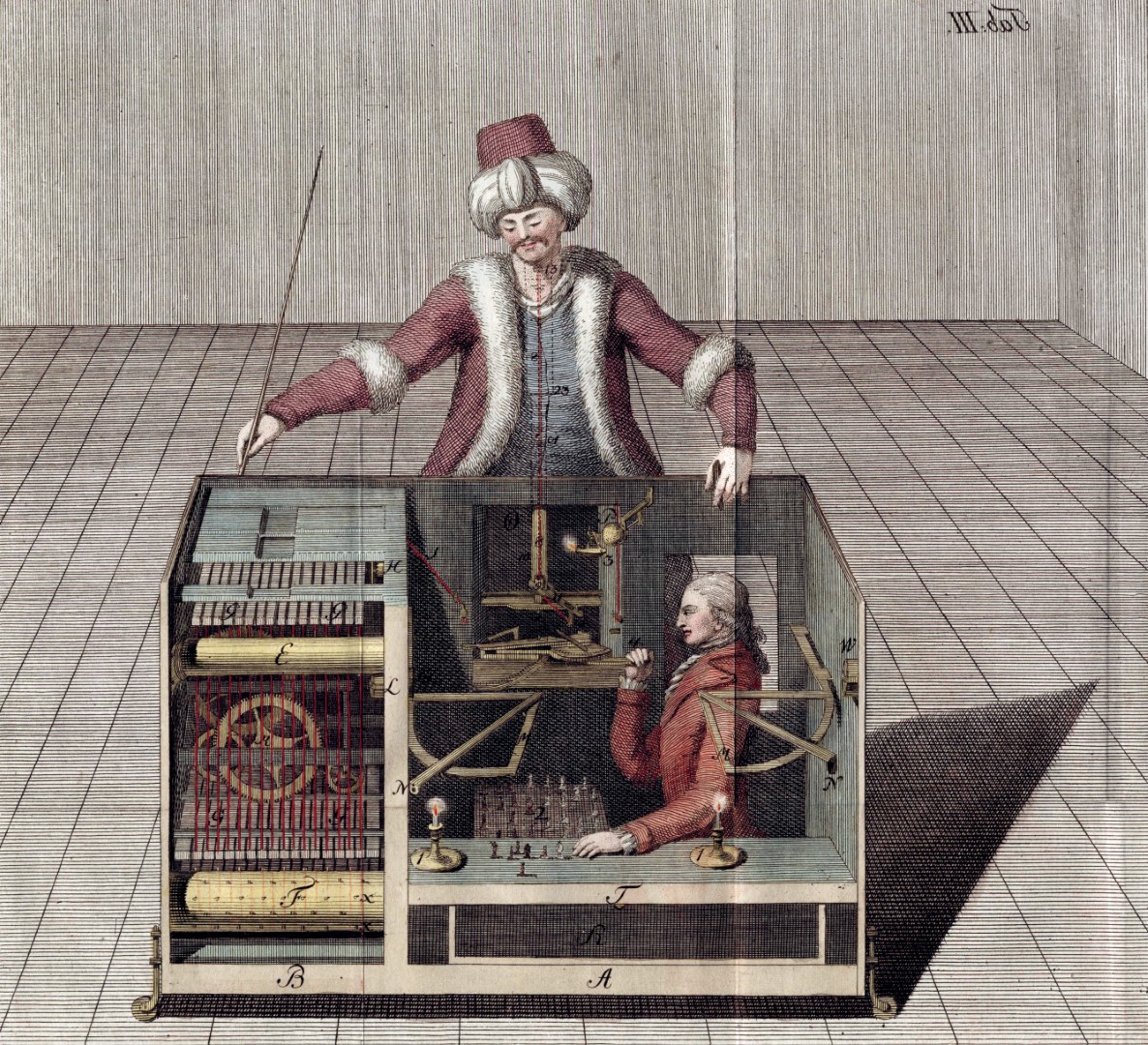The concept of combat has arrived in Austria – Diepresse.com

The murmur around the « Deep State » is currently fashionable – and has a long history. What should the bumpy German phrase tell us about the « deep state »?
This week, a term found his way into the media in Austria, which made many listen to: the « deep state ». A phrase that is not outline and, above all, implies a murmur of illegitimized power. Of hidden structures and an elite that pursues their dark goals. It opens up a lot of space for every kind of theory – and of course for conspiracy theories. The FPÖ placed this dubious term. She wants to shed light on the « deep state » of the ÖVP in the Interior Ministry in an investigation committee.
The literal translation of the English « Deep State » looks strange in German, because it is not « deep » and « deep ». The fact that a « deep joke » is more a levels in Austrian German is more inappropriate than a profound. So far it was about the topic, the « shadow state » or the « state in the state » was spoken. Baruch de Spinoza, influential philosopher in the 17th century, already used the wording « Imperium in Imperio ». The German phrase « State in the State » can be found in Christoph Martin Wieland, the poet of the Enlightenment, who wrote the « history of the abderites » with Spitzer satirical feather. He warned of secret societies that build parallel power structures and undermine political institutions. And Friedrich Nietzsche? Of course, later I also had something to say. « State is called the coldest of all cold monsters, » one reads in « So Zarathustra ».
Illuminati and banana exporters
Secret societies offered plenty of material for conspiracy theories for « shadow states », especially the Freemasons and Illuminati. Depending on the political situation, the influence of unions, the “large capital”, was also discussed, depending on the political situation. In some states of Central and South America, the United Fruit Company was considered a « state in the state », its economic strength exceeded some countries in which it worked. Incidentally, the topos of the « Deep State » became known in Turkey. « Derin Devlet » (literally « deep state ») meant a network at the time of Mustafa Kemal Ataturk, namely military and its civilian allies in the Turkish state. A country that is not (only) ruled by its official government: Of course, this can be more than fiction. Think of the aggression of Russia against countries in its environment.
And in the USA? You stumble across the term during the assassination attempt on John F. Kennedy. Then he keeps appearing in connection with secret or intelligence services. Especially in the time of the Cold War, when a large number of US citizens were spied on. In many films and series, this showered us over our backs; Secret services that become self -employed with more or less political support. The « Deep State » does not seem to be as present anywhere as in Hollywood. And in the speeches by Donald Trump.
The US President, who has good instincts in terms of nicknames or catchy phrases, made the term popular-and even more vague. While the confused political movement qanon means an elite, satanic and pedophile power apparatus, Trump is often about administration in general. « Untained bureaucrats », which he considers to be extremely destructive. « A sick political class that our country hates. » His followers have been jumping up for a long time. A well -known radio presenter spoke after the attack on Trump in the previous year, in which he was only hit on the ear, even that the « deep state » committed it.
In its vague and threat, the phrase fits Trump. Do some promise a similar success from her in German -speaking countries? In November, for example, AfD party leader Alice Weidel claimed that a « deep state » in Germany would try to discredit it. Conspiracy theories were previously popular in the milieu of the so -called Reichsbürger. Although one can ask whether they still distinguish between « state » and « deep state ». They see the system as illegitimate anyway and compare the state as a freedom of the state. It is obvious that the state cannot be trusted if there is a « deep state ». Because if dubious circles of power can enforce their interests past the public, a government must be at least ignorant and unable. Or corrupt.
The Lucona case and the ÖFB
In any case, the FPÖ seems to have incorporated the term with some joy – and extends it far. The basis of the « deep state » seems to be the combination of ÖVP and the Ministry of the Interior. Why the planned investigation committee should shed light on this sphere, as a striking example, the Causa Pilnacek is pulled up. The accusation of FPÖ general secretary Christian Hafenecker: The ÖVP had occupied the most important positions in the ministry and « exercised absolutely political violence there ».
Reactions naturally provoked that the FPÖ brought the controversial term into politics. The accusation quickly followed that it was a code for right -wing extremist circles that he should fuel mistrust and undermine trust in the state. As far as one sees, the objection is approved by freedom with amusement. And the « deep state » explained in all kinds of way. The interpretation of Dominik Nepp, the Vienna’s head of the freedom, seems to go towards friendship. At the beginning of the week he spoke of « managers who believe they can regulate it ». Hafeneck, in turn, recently beat the bow to the cruel insurance fraud in the Lucona case (1977). And another representative of the party saw the Austrian Football Association these days: a ÖVP-Ex party chairman as the ÖFB president that was the « deep expansion of the ‘deep state' ». In the United States, the “Deep State” already became a political concept of fight. With us he is probably already.








